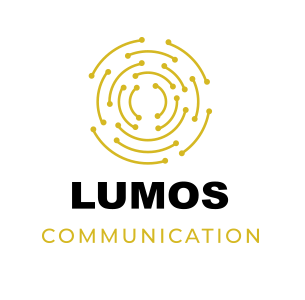How can bilingual communication help in the work place?
How to create effective communication strategy in the workplace?
What are the benefits of employing communication strategies?
Communication strategies can be helpful in bilingual environments. They are essential for effective communication between people who speak different languages.
Some common communication strategies include using simple language, avoiding idiomatic expressions, and speaking slowly and clearly. It is also important to use visual aids, such as diagrams or pictures, to help convey your message. Additionally, you can use translation tools, such as online translators or bilingual dictionaries, to help you understand the other person’s language.
Another important strategy is to be open-minded and respectful of cultural differences. When communicating with someone from a different culture, it is important to be aware of their customs and beliefs, as this can help to avoid misunderstandings and build trust.
Overall, communication strategies can be very helpful in bilingual environments, as they can help to bridge the gap between different languages and cultures and facilitate effective communication between people from different backgrounds.
In today’s globalized world, bilingual environments are becoming increasingly common. In such environments, communication strategies that bridge the language gap play a crucial role. Here are five benefits of communication strategies in bilingual environments:
- Improving understanding: Communication strategies help to improve understanding between individuals who speak different languages. Such strategies can help to overcome language barriers, promote mutual understanding, and facilitate effective communication.
- Enhancing collaboration: Effective communication is crucial for collaboration. In a bilingual environment, communication strategies can help to facilitate collaboration between individuals who speak different languages, leading to improved teamwork and better outcomes.
- Promoting diversity and inclusivity: Communication strategies that address the needs of individuals who speak different languages can help to promote diversity and inclusivity in the workplace. Such strategies can help to create an environment where everyone feels valued and respected.
- Boosting productivity: Effective communication is essential for productivity. Communication strategies that address language barriers can help to improve productivity by ensuring that everyone is on the same page and working towards the same goals.
- Facilitating personal and professional growth: Communication strategies that promote language learning can help individuals to develop their language skills, leading to personal and professional growth. Bilingual environments can provide opportunities for individuals to learn new languages and develop new skills, which can be beneficial for their future careers.
Overall, communication strategies play a crucial role in promoting effective communication, collaboration, diversity, productivity, and personal and professional growth in bilingual environments.

